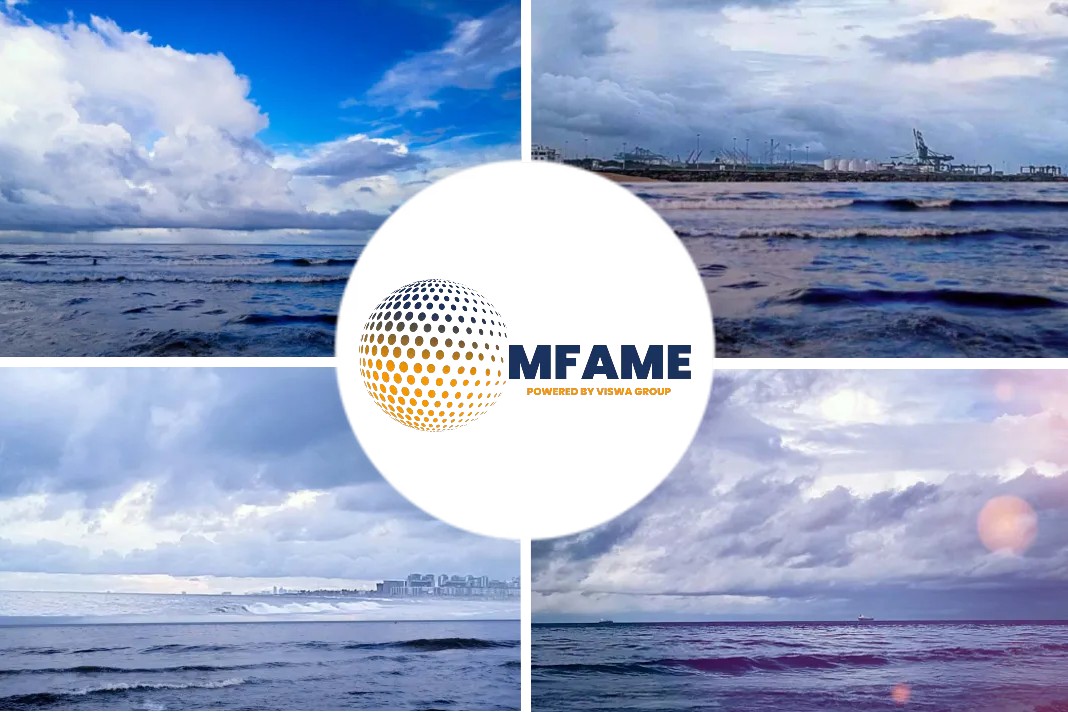Italy’s government stands squarely with other EU nations in opposing Russia’s war in Ukraine. Italy has imposed sanctions on the Russian economy, stopped dealing with its banks, and called for a negotiated settlement to the conflict, says an article published in The Guardian.
Geopolitical chess game
Opinion polls show that between 80 and 90% of Italians support the government’s stance, according to the polling firm Opinioni, a number that could tick higher as evidence of Russian atrocities in the Ukrainian city of Bucha come to light.
Yet the country continues to rely heavily on the import of Russian gas, though the Italian prime minister, Mario Draghi, flatly refused demands to pay for that gas in roubles – a move in a geopolitical chess game that inspired Brucato’s yellow sign.
Hardest hit to Italy
Analysts say the absence of Russian imports of Italian goods and of Russian visitors may threaten to derail Italy’s fragile post-pandemic economic recovery.
In late March, the Economist Intelligence Unit reduced its economic growth estimates all across the EU but said Italy would be hit the hardest, with growth slowing to 3.4% this year from a previous estimate of 4.4% because of the hit to trade with Russia and secondary impacts such as rising fuel costs and supply chain issues.
That was in line with Italy’s National Statistics Institute saying last week that further downward adjustments could be in the works if the war continued.
On Tuesday Micaela Pallini, the president of the wine sector association Federvini, said the war in Ukraine could create “irreversible long-term impacts” for Italian winemakers. She said the devastation and the humanitarian crisis remained the top concerns in Ukraine, but also noted that Italy was the top supplier of wine in Ukraine and Russia, with combined sales of about €400m (£335m) last year, about 6% of Italy’s wine exports. That will be reduced dramatically this year.
Downturn in luxury goods exports
Producers of luxury goods including clothing, jewellery and accessories said they were expecting similar downturns in exports. Forte dei Marmi, a coastal resort that caters to Russian buyers and visitors, reportedly put expansion plans on hold days after the start of the war.
Italy’s tourism sector, already reeling from lockdowns and quarantines over the past two years, will be hit even harder, according to Michele Costabile, a professor of business and management at Luiss University in Rome.
He noted that while Russians barely cracked the top 20 for numbers of visitors to Italy, in terms of time spent in the country they were ninth, and when measured by overall economic impact they were second, behind only Germany.
“Traditionally the average Russian visitor stayed in Italy for five or more days, compared to two or three from most other countries, and they spent around 65% more money per day than the average tourist,” Costabile said. “I assure you, the absence of Russian visitors in the sector will be felt.”
Marc Antonio Esposito, a clerk in a high-end watch store in Rome, said the impacts of the war had been obvious from the start.
“The watches we sell start at around €5,000 and go much higher,” Esposito said. “We had enough wealthy Russian customers that we hired a Russian-speaking associate. But I don’t think I’ve seen more than two or three Russians since the start of the year.”
Did you subscribe to our daily Newsletter?
It’s Free! Click here to Subscribe
Source: The Guardian

























